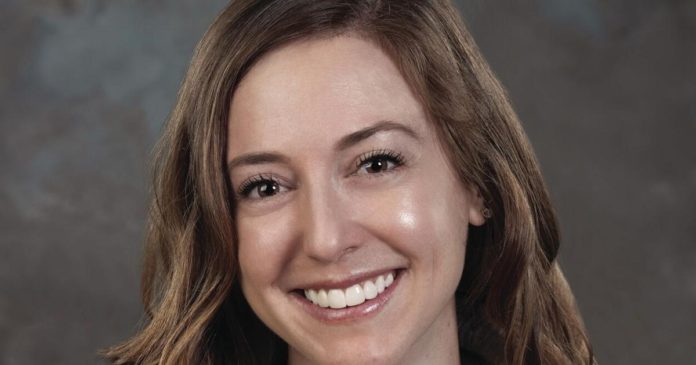One in five Americans suffered from mental health symptoms in 2020, according to data from the National Institute of Mental Health. Young adults between 18-25 years of age had the highest rate of psychiatric symptoms. Excessive worry and sadness, trouble sleeping and other psychiatric symptoms are common in our community. When we experience these symptoms, it does not always mean that we need to be treated with medication. Just as we do for our physical health, things can be done to keep our mental health in check. As September is National Suicide Awareness and Prevention month, St. Peter’s Health and I challenge our readers to take this opportunity to focus on behaviors that protect our mental health.
- Eat a well-balanced diet: Ensuring that we nourish our bodies with a variety of healthy and whole foods as well as an appropriate amount of calories has been shown to help with improved mood symptoms.
- Drink plenty of water: Staying hydrated helps our bodies function efficiently and feel better.
- Exercise: Regular movement, whether it is a leisurely walk, yoga or higher intensity exercise, has evidence for improving anxiety, depression and sleep. Move your body daily, even if you only have a few minutes to spare.
- Get plenty of rest: Sleep is important for our overall health, mental health included. One of the best ways to help with sleep is to stick to a routine. Go to bed and wake up around the same time every day. This can help our brain fall into a pattern, ensuring that when we lay down at bedtime, we drift off to sleep.
- Connect with loved ones: Socializing is more important for our overall health than we might realize. Not only can friends and family help to provide emotional support, they can help us stick with healthy habits. Connect with loved ones on the phone, or better yet, in real life.
- Find purpose: Turning our focus outward and finding purpose in what we do bolsters self-esteem and mood. Give back, whether it’s helping a neighbor with a small task or volunteering for a community organization. Helping is contagious. Not only can it boost our mood, it can also help inspire others.
- Take a moment out of the day to just be present: The practice of mindfulness, which means “paying attention in a particular way: on purpose, in the present moment, and nonjudgmentally,” has robust data for helping psychiatric symptoms. Dedicating a few minutes at the start of your day for a mindful moment can help shift how your day unfolds.
- Make time for an activity that you enjoy: It’s easy to become caught up in daily routines with work, school and other life expectations. Pencil in an activity that’s important to you such as reading, fly fishing, art, or walking the dog.
- Limit alcohol and other substance use: Substances of all types, excessive caffeine included, can worsen sleep, anxiety, mood and other mental health symptoms.
- Check in yearly with your primary care provider: During yearly visits, primary care providers can screen for symptoms of anxiety and depression. Our community primary care physicians are great at detecting concerning symptoms and treating them if needed.
People are also reading…
These and other healthy behaviors are important for all of us to incorporate into our daily routines as they can help provide a buffer for our mental health, especially when dealing with stress. Importantly though, if symptoms start to interfere with your daily life and functioning, such as making it difficult to work, sleep, eat, or get out of bed, make an appointment with your primary care provider to discuss and determine if treatment is right for you.
If you are having thoughts of self-harm or suicide, there are other resources. If in an emergency, call 9-1-1. The 988 Suicide & Crisis Lifeline is also available. You can call or text 9-8-8 or chat with 988lifeline.org directly. These resources are for anyone in crisis, are confidential and available 24 hours a day.
You matter. There are things that we can do to help. Please reach out.
A Helena native, Dr. Bridgid Crowley is a psychiatrist at St. Peter’s Health. She is board certified in general adult psychiatry and psychosomatic/consult-liaison psychiatry, and was recently named to the Helena Independent Record’s “20 under 40.”
Credit: Source link































